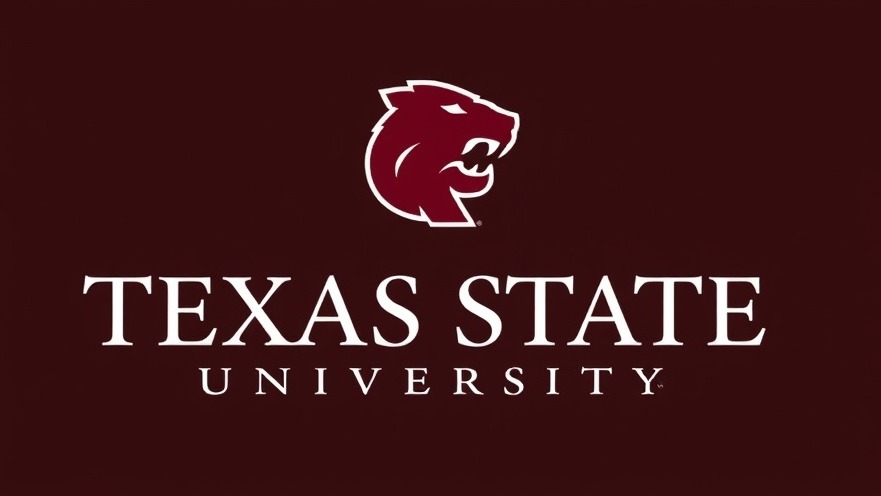
The Controversial Case of a Texas State Professor
In a dramatic turn of events, Texas State University has terminated a professor after accusations surfaced that he attempted to incite political violence through a video address. This decision has ignited fierce discussions surrounding academic freedom, political rhetoric, and the implications of scholarly responsibility.
Understanding the Charges
The professor, whose exact identity has not been disclosed as of yet, allegedly posted a video that suggested using violence to address political grievances. These claims have raised alarming questions about the boundaries of expression in an academic setting where the exchange of ideas should ideally be open and protected. The incident forces us to confront the implications of free speech, especially within educational institutions.
The Ripple Effects on Academic Institutions
This case is not an isolated incident; it aligns with a wider trend seen across the nation. Universities have grappled with balancing free speech versus promoting a safe and conducive learning environment. Texas State's swift action may echo nationally, with more academic institutions likely to evaluate their guidelines surrounding faculty conduct and speech. This creates a heightened sense of tension where educators must remain acutely aware of how their words can potentially escalate to violent interpretations.
The Broader Political Landscape
In the heated climate of Texas politics, where topics such as gun laws and voter rights are under constant scrutiny, this incident underscores the urgency of maintaining decorum even amidst rising tensions. The incident comes at a time when Texas is navigating significant political currents, including upcoming elections that could reshape the state's legislative priorities. The fallout from this incident may influence perceptions of educators and their roles in the civic dialogue.
Public Response and Prognosis
The public's reaction to the firing has been mixed, with proponents of free speech arguing that the dismissal undermines the fundamental academic principles of inquiry and debate. However, others assert that there is no place for violent rhetoric in academia. With public sentiment sharply divided, institutions must carefully reconsider their policies to navigate these complex issues adequately, fostering a respectful environment without stifling critical discourse.
Implications for Future Generations of Educators
As the fallout continues, it is critical for both current and future educators to engage with these evolving discourse dynamics. Beyond just a lesson in conduct, this incident serves as a reminder that the responsibility associated with teaching extends beyond the classroom. Educators now find themselves leaders in shaping political consciousness and societal norms.
As Texas continues to experience transformational political and social changes, the monitoring of academic speech becomes essential not only within the walls of universities but throughout the broader community. This situation reveals the precarious balance education must strike in being an incubator for free thought while ensuring the security and well-being of its students and staff.
Conclusion
This incident at Texas State University exemplifies a critical juncture in navigating academic freedom against the backdrop of political volatility. As society grapples with the implications, both educators and students must foster respectful dialogue that enables constructive discussion without resorting to violence. Staying informed and engaged will be vital for guiding such conversations moving forward.
 Add Element
Add Element  Add Row
Add Row 



Write A Comment